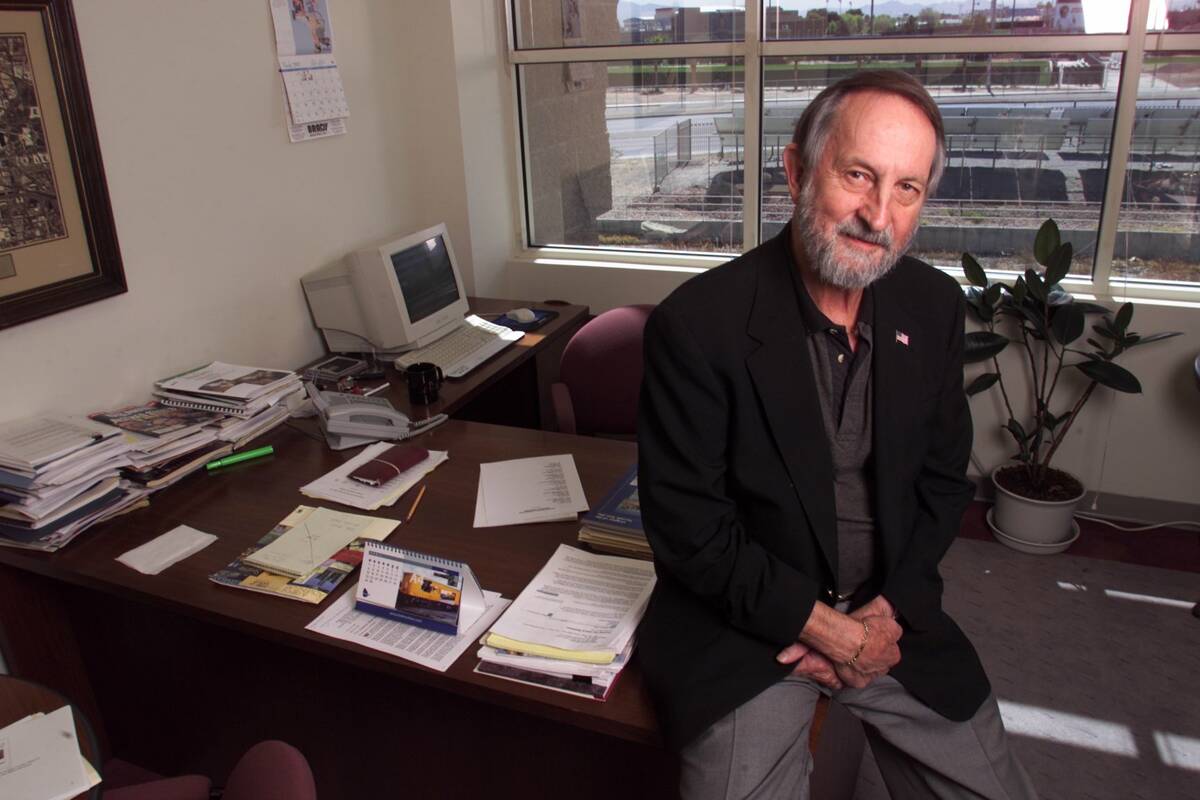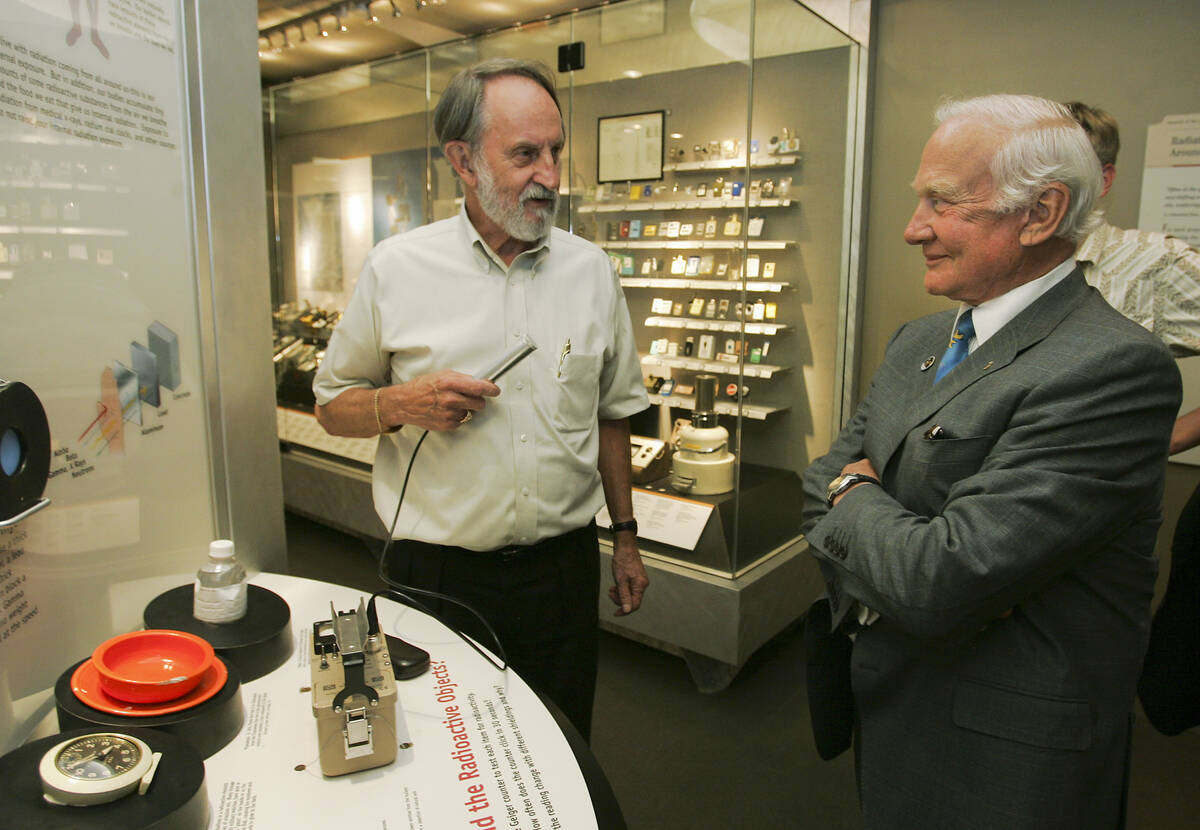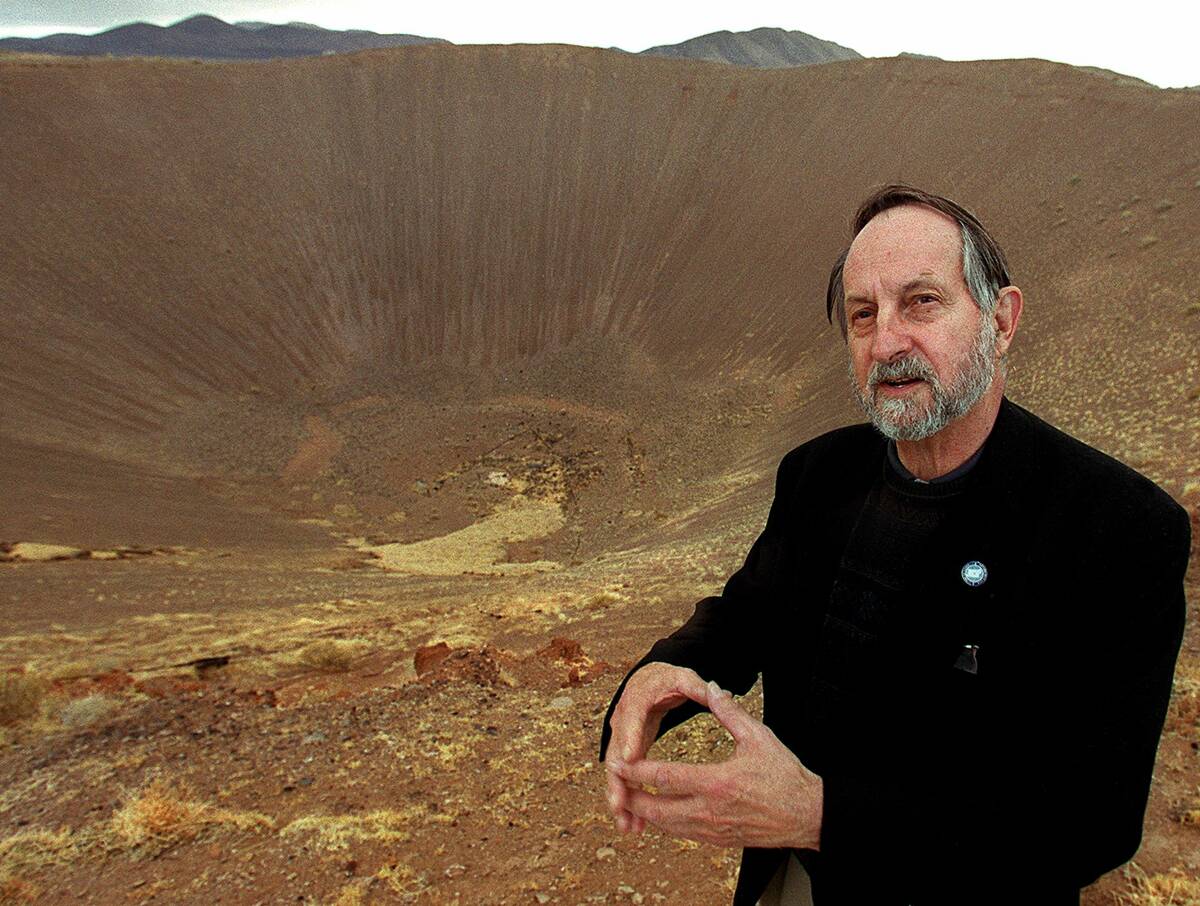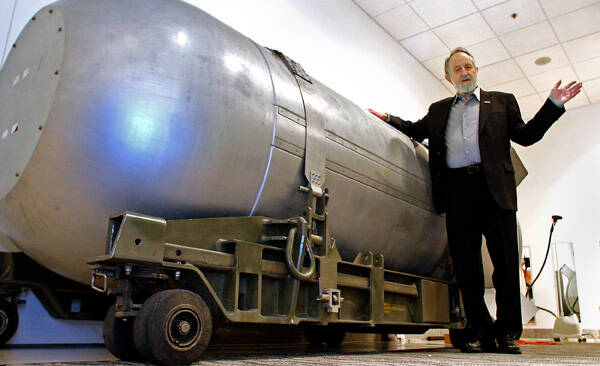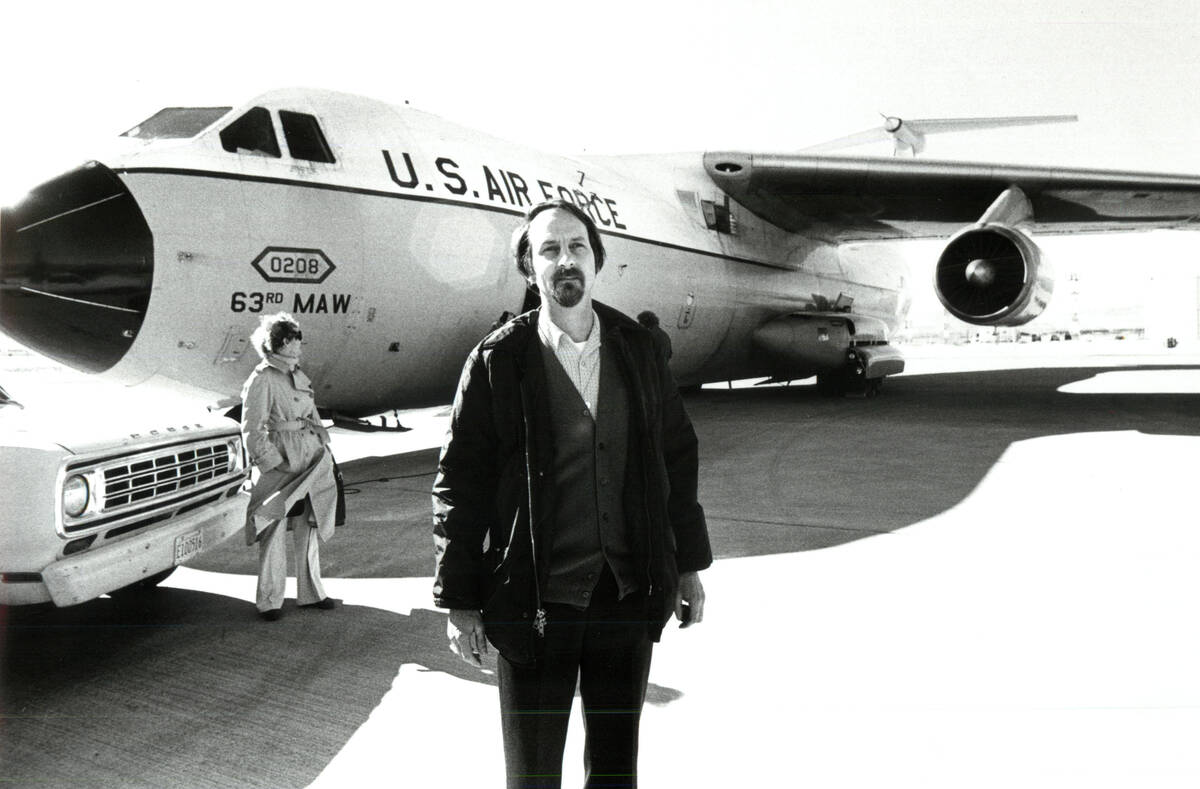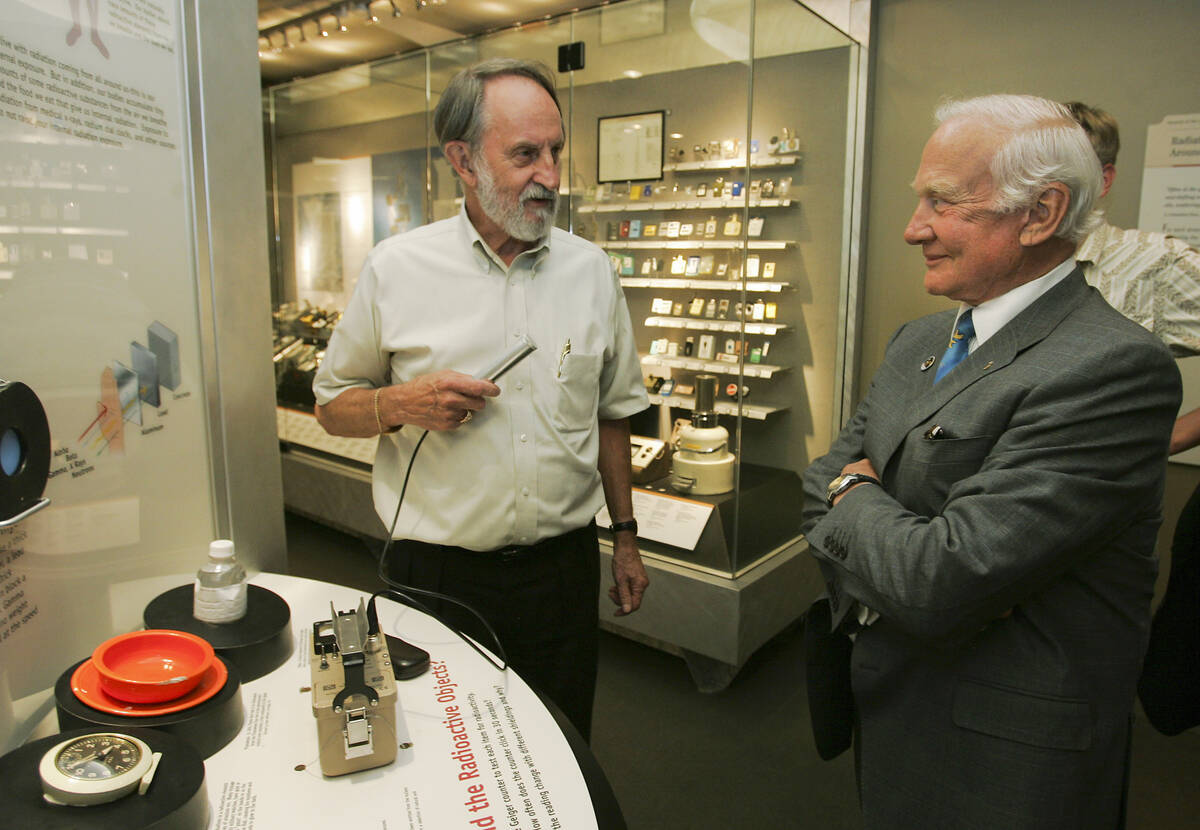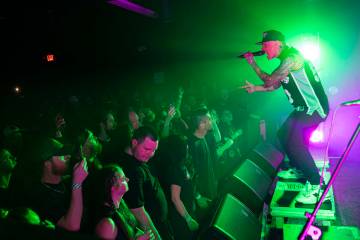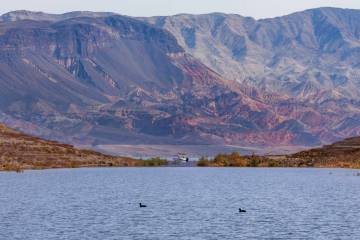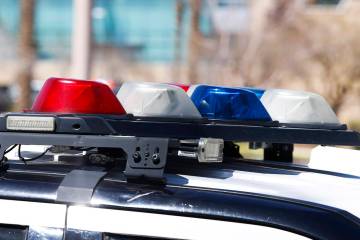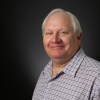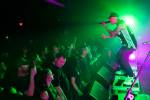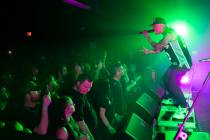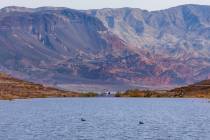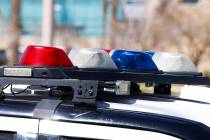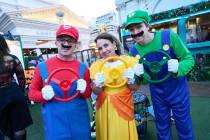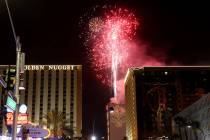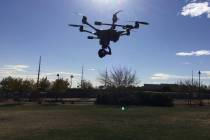Former test site official and museum founder Troy Wade dies
Troy E. Wade was a veteran of the Cold War. While he didn’t wear a military uniform and couldn’t even tell his children about some of what he did at work, Wade took pride in his belief that his service at the then-Nevada Test Site and elsewhere helped to keep Americans safe during a frightening era of history.
During his extensive career as a public servant, Wade held positions that included U.S. Department of Energy assistant secretary for defense programs and former deputy manager of the DOE’s Nevada operations office.
Later, Wade helped to establish the National Atomic Testing Museum in Las Vegas, a means of finally sharing stories about the role of Nevada and Nevadans at the test site during the Cold War. He also served as first chairman of the Nevada Test Site Historical Foundation, which operates the museum.
Wade, 87, died Sunday at his home, according to his son, Scott Wade.
In 2014, Wade was among a group of cold warriors honored by Reps. Dina Titus, D-Nev., and Joe Heck, R-Nev., for their service. A Las Vegas Review-Journal story quoted now-former Rep. Heck, then a member of the House Armed Services Committee, as calling Wade his “go-to guy” for insight on U.S. and foreign nuclear weapons capabilities.
“Too often your accomplishments are not as recognized as other veterans,” Titus, a member of the House Veterans Affairs Committee, told Wade and other former test site workers.
“Troy and I started on opposite sides of the table but, with patience and graciousness on his part, we became mutually respected colleagues and dear friends,” Titus said in a statement Monday.
“Troy was the ultimate Cold Warrior. He loved this country and considered his work at the Nevada Test Site a patriotic duty. We are truly safer and more secure as a nation because of his vast knowledge and abiding commitment.”
Darwin Morgan, president of the Nevada Test Site Historical Foundation board, became a public affairs representative for the test site in 1989 when Wade was DOE assistant secretary for defense programs. Later, while working to establish the museum, they came to know each other.
Wade was “extremely proud of what he did for the United States,” Morgan said. “I think one of the things he said is that he was proud to be a warrior of the Cold War.”
“He was not the Washington stuffed shirt,” Morgan said. “Troy was very easy to get along with, as a listening person. He also would make a decision and move forward with that decision.”
In his efforts to create a museum to chronicle the history of atomic testing in Nevada, Wade “felt it was important that people understand what (took) place out there,” Morgan said. “He believed he was fighting for America just like soldiers fighting on the battlefield.”
Through his efforts to establish the museum, Wade was “dedicated to making sure that history was preserved and people had answers (about) what was done and what thousands of Southern Nevadans gave their careers to.”
Scott Wade said his father was born in Cripple Creek, Colorado, and came to Nevada in 1958 to work for Reynolds Electrical and Engineering Co. as a miner in tunnels at what then was called the Nevada Test Site (now the Nevada National Security Site).
He went to work for the Atomic Energy Commission in the late ’60s. Scott Wade said his father held no college degree, and his career-long advancement into a variety of positions was the product of “a lot of sweat equity and hard work” and “natural skills for leadership.”
Troy Wade’s rising career took the family to Washington D.C. during the Reagan years. In 1990, he retired.
“One of the challenges of being his son was there were many things he couldn’t talk about,” Scott Wade said. But, he added, his father always expressed pride in his work as “one of many who served their country in roles that helped promote peace for many decades.”
Survivors include sons Scott and Terry, daughter Sherri McKenzie, five grandchildren and several great-grandchildren.
Services are pending.
Contact John Przybys at reviewjournal.com. or 702-383-0280. Follow @JJPrzybys on Twitter.



